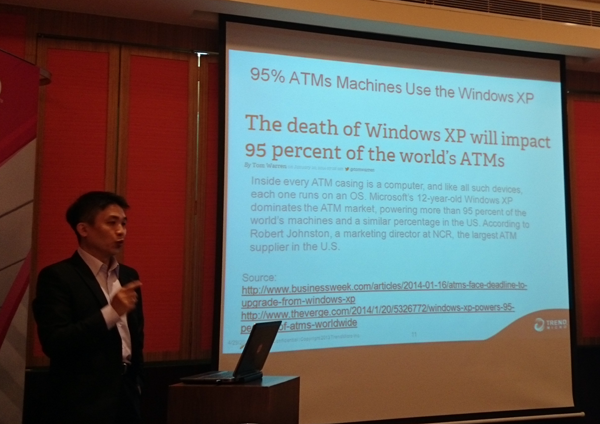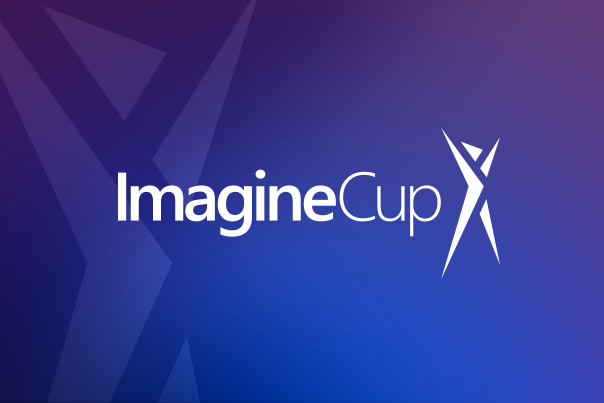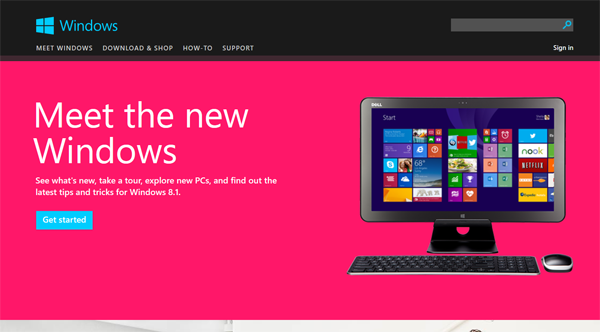
Microsoft Philippines is urging users of Windows XP OS in the Philippines, which is still estimated to be at 2 million, to shift to newer versions of Windows OS such as Windows 8.1 as the support for the Windows XP OS will terminate on April 8.
Microsoft will no longer provide security and software updates for 12-year-old Windows XP and 10-year-old Office 2003 after April 8.
Customer technical service assistance for Windows XP and Office 2003 will also terminate. This means that PCs running on Windows XP will no longer receive the updates that help protect the system from harmful viruses, spyware, and other malicious software.
Mae Moreno, Windows Client Lead at Microsoft Philippines said Windows XP and office 2003, which were widely used and well loved by users, “are no longer adequate for the new, always-on world that we live in.”
“Staying with an unsupported OS is a bad idea. There are a lot of risks and your system will be exposed to vulnerabilities and software vendors also will also have no support the OS,” said Moreno.
To help Windows XP users migrate to new systems, Microsoft will be making available two new free tools for migration and OS detection (to help users who are unsure find out what version of the operating system they may be using).
As part of Microsoft’s on-going awareness effort, on March 8, 2014 at 3:00 p.m. local time, customers using Windows XP (Home and Professional editions) will receive a notification via Windows Update informing them of the support deadline and encouraging them to visit Windows.com to find out more about what end of support means for them.
Based on an estimation using data from StatCounter, a free public tracker, and IDC Worldwide PC Tracker, Windows XP makes up about 22% of users in the Philippines.
“While internet access brings lots of goodness, it’s also a hotbed for cyber criminals who go where the people go. So it’s really critical that consumers who still own Windows XP devices recognize that it’s not just about upgrading to something new. This is about protecting your home devices from security threats, especially if you are using the internet. Windows XP wasn’t designed for today’s mobile, always-connected lives, or for protecting businesses and individuals from the millions of new online security threats that have emerged,” added Mae Moreno.
To minimize this risk, consumers must upgrade to newer operating systems that not only offer enhanced security features like built-in firewall, anti-virus, and rootkit malware protection.
Microsoft’s partners like Lenovo, Dell, HP, Asus, Acer have also continued to innovate will new form factors such as tablets and convertibles with a wide range of affordable choices to suit any lifestyle. Windows 8.1 is also well optimized for both touch and non-touch scenarios, where the user may prefer to a mouse and keyboard.
Mae Moreno explained, “Cost should no longer be a barrier. The average cost of a PC today is 40% less than in 2002. Millions of consumers in Asia Pacific have already made the move to Windows 8.1 and are enjoying the benefits of a clean, fast and integrated user experience.”








